After the major earthquake in Japan,
The Chinese Embassy in Japan once received a "special package",
The embassy staff emotionally stated that this was a "timely assistance" from the people of the motherland during a critical moment,
And sent a letter of thanks...
What kind of "package" was so special that it moved them?
——White tea.
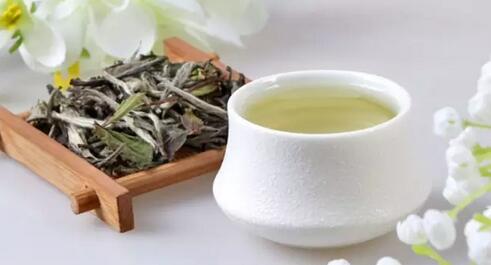
White tea is different from ordinary tea. In addition to the general benefits of tea, it has many unique effects, such as anti-radiation, antioxidant, and anti-tumor properties.
This is because white tea is a lightly fermented tea that does not undergo withering or rolling, only sun-drying or low-temperature drying during processing. As a result, white tea contains far higher levels of tea polyphenols than other teas.
Tea polyphenols are "scavengers of free radicals," preventing damage to human cells caused by excessive free radicals generated during radiation exposure. They can also regulate related enzymes, reduce damage to immune cells, and improve hematopoietic function. The amount of tea polyphenols directly determines the strength of anti-radiation and antioxidant capabilities.
Therefore, white tea's anti-radiation, antioxidant, and anti-tumor effects far surpass those of other teas.
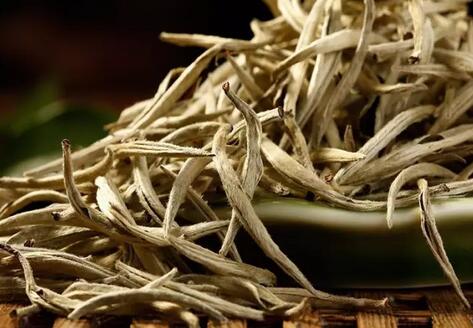
White tea also has two effects that are more relevant to us today.
First is its ability to lower the three highs (high blood pressure, high blood sugar, and high cholesterol). These conditions, once considered "diseases of affluence," have now become common ailments among modern people.
White tea contains active enzymes essential for the human body. Long-term consumption can significantly increase the activity of enzymes that promote fat metabolism, effectively reducing blood lipid levels. It can also control insulin secretion, delay intestinal absorption of glucose, and break down excess sugar in the blood, thereby balancing blood sugar levels and achieving the effects of lowering blood sugar, blood pressure, and cholesterol.
Another practical benefit of white tea is its ability to relieve hangovers and protect the liver.
For centuries, people have known that tea can counteract the effects of alcohol. After a night of drinking, a cup of cool tea brings not only immediate refreshment but also a relaxed feeling the next morning.
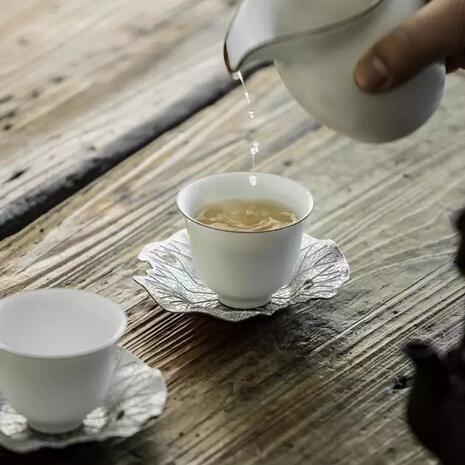
The reason tea can lower the three highs and relieve hangovers while protecting the liver lies in its content of dihydromyricetin and other natural flavonoids. These substances accelerate the breakdown of ethanol (alcohol) into harmless substances like water, reducing the time alcohol lingers in the body and lessening the burden on the liver during alcohol metabolism, thereby minimizing damage to liver cells.
White tea contains the highest levels of these natural flavonoids compared to other types of tea. So, while the hangover-relieving effects of other teas may remain largely theoretical, white tea is almost like a practical hangover remedy.
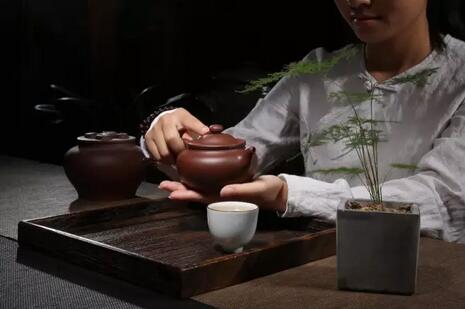
When it comes to the warmth of love, not everyone can bring out the loving flavor of white tea. Only those who understand the brewing techniques and have a refined pursuit of life can truly prepare and savor this sweetness and warmth.
Aged white tea belongs to the category of aged teas and is highly resistant to brewing, making it perfect for boiling during the current autumn and winter seasons.
The first and second infusions of aged white tea can be brewed normally, with the liquor poured into a fairness cup. However, the true flavor emerges in the third infusion. For the third infusion, the tea leaves should be transferred to a handled pot (preferably glass) for boiling to extract the best liquor.
Compared to ancient methods, we now have much more convenience in boiling tea.
First, transfer the brewed tea leaves into a handled pot (glass is best), then pour in boiling water, turn on the power switch, and wait for the water to boil before serving.
The liquor is apricot-yellow or orange, reminiscent of the autumn sun. The taste is refreshing and natural, leaving the mouth feeling as if cleansed by morning dew or as if sunlight is dancing on the tongue, filling the palate with warmth and natural flavors, creating a deeply comforting sensation.
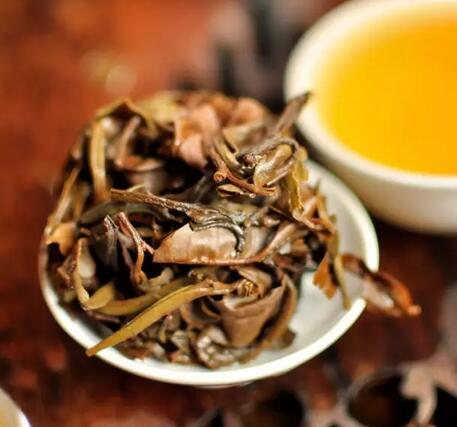
At this point, some friends might ask: What exactly is white tea?
White tea is a specialty of Fujian Province, primarily including Bai Mudan (White Peony), Baihao Yinzhen (Silver Needle), and Gong Mei (Tribute Eyebrow).
White tea gets its name from its "silvery-white down"—tea makers pluck tender buds and leaves with abundant white hairs on the undersides. Without withering or rolling, the leaves are only sun-dried or gently heated to preserve the white hairs intact on the surface, giving the tea its white appearance. The main production areas are Zhenghe, Fuding, Songxi, and Jianyang.
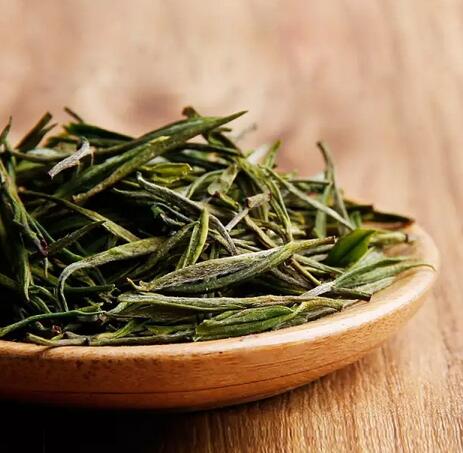
Winter has arrived, whether in the pursuit of elegant living or in caring for the health of oneself and loved ones. Gently boil a pot of aged white tea, share it with loved ones to ward off the cold, and savor the joy of this year's autumn harvest together.